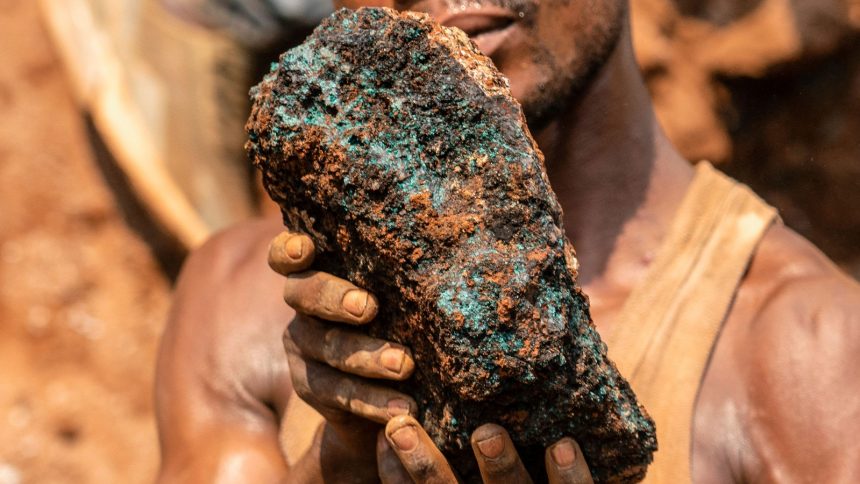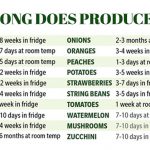This story was originally published by CapitalB. The story of “John Doe 1” of the Democratic Republic of the Congo is tucked in a lawsuit filed five years ago against several U.S. tech companies, including Tesla, the world’s largest electric vehicle producer. In a country where the Earth hides its treasures beneath its surface, those who chip away at its bounty pay an unfair price. As a pre-teen, his family could no longer afford to pay his $6 monthly school fee, leaving him with one option: a life working underground in a tunnel, digging for cobalt rocks.
But soon after he began working for roughly 2 U.S. dollars per day, the child was buried alive under the rubble of a collapsed mine tunnel. His body was never recovered.
The nation, fractured by war, disease, and famine, has seen more than 6 million people die since the mid-1990s, making its conflict the deadliest since World War II. In recent years, the death and destruction have been aided by the growing number of electric vehicles humming down American streets. In 2022, the U.S., the world’s third-largest importer of cobalt, spent nearly $525 million on the mineral, much of which came from the Congo.
As America’s dependence on the Congo has grown, Black-led labor and environmental organizers here in the U.S. have worked to build a transnational solidarity movement. Activists also say that the inequities faced in the Congo relate to those that Black Americans experience. Thanks in part to social media, the desire to better understand what’s happening in the Congo has grown in the past 10 years.
In some ways, the Black Lives Matter movement first took root in the Congo after the uprising in Ferguson in 2014, advocates say. And since the murder of George Floyd and the outrage over the Gaza war, there has been an uptick in Congolese and Black American groups working on solidarity campaigns.
Throughout it all, the inequities faced by Congolese people and Black Americans show how the supply chain highlights similar patterns of exploitation and disenfranchisement. Bakari Height, the transit equity organizer at the Labor Network for Sustainability, says the global harm caused by the energy transition and the inability of Black Americans to participate in it at home are for a simple reason.
“We’re always on the menu, but we’re never at the table,” he said. “The space of transportation planning and climate change is mostly white people, or people of color that aren’t Black, so these discussions about exploitation aren’t happening in those spaces — it is almost like a second form of colonialism.”
Morehouse College professors Samuel Livingston and Cynthia Hewitt unfurled a Congolese flag behind President Joe Biden as he gave his commencement address at the school on May 19. Elijah Nouvelage/Getty Images
Height said, however, when Black people are in the room, these conversations are not only more prevalent, but also more action-oriented. His organization supports Black workers and helps craft policies that support “bold climate action in ways that address labor concerns without sacrificing what science is telling us is necessary.”
While the American South has picked up about two-thirds of the electric vehicle production jobs, Black workers there are more likely to work in non-unionized warehouses, receiving less pay and protections. The White House has also failed to share data that definitively proves whether Black workers are receiving these jobs, rather than them just being placed near Black communities.
“Automakers are moving their EV manufacturing and operations to the South in hopes of exploiting low labor costs and making higher profits,” explained Yterenickia Bell, an at-large council member in Clarkston, Georgia, last year. While Georgia has been targeted for investment by the Biden administration, workers are “refusing to stand idly by and let them repeat a cycle that harms Black communities and working families.”
Solidarity activism reached a national stage last week at the Morehouse College graduation ceremony, when professors at the school sent clear messages to President Joe Biden. Samuel Livingston and Cynthia Hewitt unfurled a Congolese flag as Biden gave his speech. And Dr. Taura Taylor, wearing a DRC pin on her cap, stood up, raised her fist and turned her back to the president.
Yet, less publicized has been the work of Congolese and Black American groups building bridges, including the Congo Initiative based in the Congo and the D.C.-based group Friends of the Congo. Friends of the Congo has worked on several educational campaigns at home, brought Black Americans to the Congo for activism trips, and offered regular support to Congolese youth leaders.
The work is sorely needed, as “John Doe 1’s” story has only become more common in the country. Roughly 75 percent of the world’s reserves of cobalt, the precious mineral with a sometimes reddish, teal, or violet tint needed for cellphones, laptops, and electric car batteries, lie under the chalky surface. On average, an electric vehicle battery requires 30 pounds of cobalt, meaning millions of tons of the mineral is needed for America’s EV boom, which will continue to push thousands of Black women, men, and children into pits and tunnels. In the U.S., these battery packs range from around $7,000 to nearly $30,000, while Congolese miners make mere dollars for mining most of the material found in them.
“The country,” explained Maurice Carney, executive director of Friends of the Congo, “was designed for extraction, not development.”
“Cobalt mining is the slave farm perfected”
Of the 255,000 Congolese citizens mining for cobalt, 40,000 are children. They are not only exposed to physical threats but environmental ones. Cobalt mining pollutes critical water sources, plus the air and land. It is linked to respiratory illnesses, food insecurity, and violence.
Still, in March, a U.S. court ruled on the case, finding that American companies could not be held liable for child labor in the Congo, even as they helped intensify the prevalence. Companies operating in the country are “primarily concerned about their own welfare, filling their own pockets. They’re not really concerned about the welfare of the Congolese people,” Carney said earlier this year. Carney, a former research consultant for the Congressional Black Caucus Foundation, has spent years pointing out the link between the Congolese and Black American struggles.
“What we say to people is that in a country that’s so critical to the future of the planet, a country that we’re all connected to through our cellphones and iPads or electric vehicles — even if you’re in California, you’re connected to the Congo,” he said.
“Congolese women have the highest metallic content in the body in the world because they’re digging in the soil to get those minerals,” he added people work at the Shabara mine near Kolwez, Democratic Republic of the Congo, in 2022. At that time, some 20,000 people worked at Shabara, in shifts of 5,000 at a time. Junior Kannah/AFP via Getty Images
Similarly, in the U.S., as poor birth outcomes have been linked to higher exposure to pollutants, pregnant Black women are more likely to live in poor-quality environments compared to white women. Cobalt accounts for as much as 60 percent of the batteries that drive our lives because the mineral possesses a unique electron configuration that allows the battery to remain stable at higher energy densities. This means cobalt-heavy batteries can hold more charge.
While there has been a push to use alternative minerals in electric batteries, most other options are unstable and unsafe for the user. Some experts have argued that the U.S. should turn its attention to Canada, which is among the top five countries producing cobalt and the only nation in the Western Hemisphere with deposits of all the minerals required to make next-generation electric batteries. But it is a more costly venture that, to this point, has yet to make waves in the U.S.
In the interim, no one knows how many women, men, and children have been killed in the Congolese operations, but the tally, which is likely to be thousands of lives per year, is expected to rise, researchers believe. In the coming years, it is estimated that more than half of the world’s cobalt will be used just for EVs. The federally subsidized push to increase electric vehicle production by 2030 calls for a 15-fold increase in battery production. Already, the nation’s imports of cobalt increased by 35…






